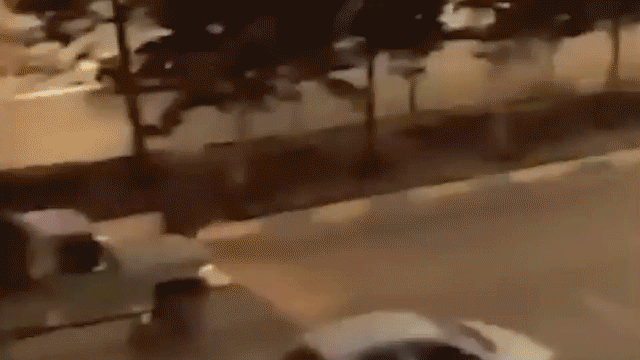BUJUMBURA, Burundi – When Burundi's police raided Nyakabiga, a neighborhood in the capital Bujumbura, on Friday 11 December 2015, Egide Niyongere was sitting at home. The young man who held an administrative post at the Ministry of Health for nearly two years, stayed inside most of the day, while the security forces combed the neighborhood looking for insurgents.
But at about 3 p.m., after phoning his fiancée, Niyongere disappeared. His body was found the next day at the morgue, among the many other young men who were killed during last week's counterinsurgency operations by government forces. According to witnesses, Niyongere was dragged into a police car by security agents, his hands tied behind his back, and the vehicle drove away.
"Egide had nothing to do with a rebellion or an insurgency," said a neighbor, who spoke on condition of anonymity because she fears for her safety.
Like many others killed in Nyakabiga, Niyongere's body bore the marks of a point blank shooting. Some bodies had shattered skulls, while others had their hands bound behind their backs.
"These look like extrajudicial executions by the police and an independent investigation is urgently needed to establish exactly what happened and who was responsible," said Sarah Jackson, Amnesty International's deputy regional director for East Africa and the Great Lakes.
At least 154 people have been killed and nearly 150 have disappeared in the past week, according to the International Federation for Human Rights and its Burundi affiliate organization, ITEKA. The organizations called for the U.N. to investigate the killings.
Burundi has been rocked by unrest, arrests and killings since April when it was announced that President Pierre Nkurunziza would run for a third term, sparking violent street protests and a failed coup in May.
Since Nkurunziza's re-election in July, a few rebel groups have emerged, protesting against the president and occasionally attacking government targets in the capital's streets and in the provinces. In retaliation, the government has arrested hundreds of people and it has threatened, tortured and killed opponents, according to witnesses and human rights organizations.
The violence has escalated in the past week. Armed opposition fighters stormed three army camps in Bujumbura on Friday Dec. 11, in order to seize weapons and free prisoners, according to army spokesman colonel Gaspard Baratuza. Officially, 79 rebels, four soldiers and four policemen died in the clashes.
Government forces responded by raids in Bujumbura areas known as centers of opposition. Saturday morning Bujumbura residents found 28 bodies in the streets. Residents of the Nyakabiga and Musaga neighborhoods report summary killings, describing reckless security forces on a rampage in the two areas.
"Before they killed (my neighbor), they drank the milk he was selling and ate all his cakes. As they left, they asked him to close the door and killed him while he was doing it. See the bullet in the head," said one resident, who insisted on anonymity for her safety.
The forces pillaged houses and shops and there were indiscriminate killings and arrests, according to residents. Much of the violence came from the API, an elite police unit deployed in Nyakabiga, they said.
The government denies all the allegations. During a press conference on Thursday 18, December, Burundi's Foreign Affairs minister, Alain Nyamitwe said he "regrets that people lost their lives," but rejected calls for an independent investigation by international organizations such as Amnesty. "The government is leading its own investigation," he said. "If people are guilty, they will be prosecuted."
However for Egide Niyongere's family, whatever is done is too late. At the Regina Mundi cathedral in Bujumbura, during his funeral on Wednesday, the simple coffin was draped in white fabric fixed to the wood planks by pins. A cousin said he was planning to get married in 2016.








































